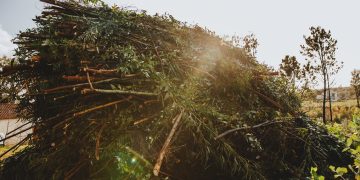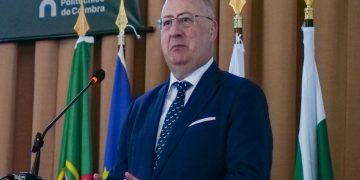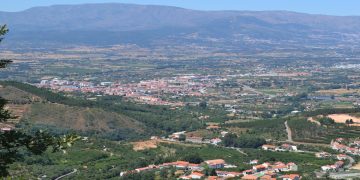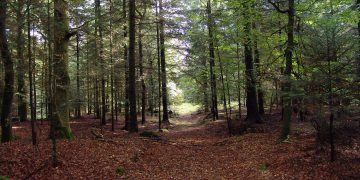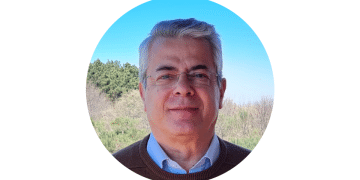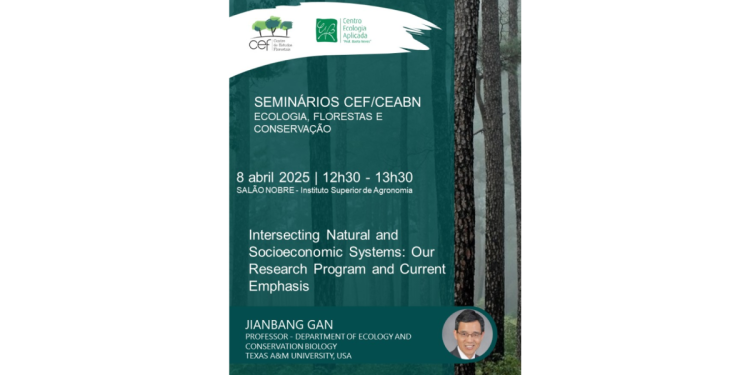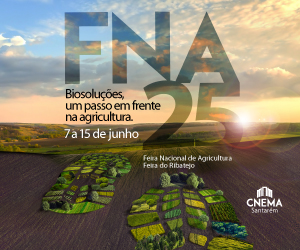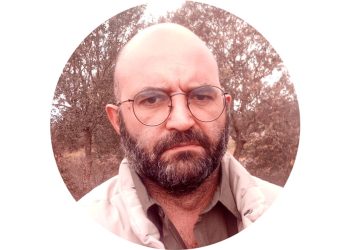Jianbang Gan – Professor
Department of Ecology and Conservation Biology – Texas A&M University, USA
8 de Abril de 2025, Terça-feira, 12h30m às 13h30m
Salão Nobre – Instituto Superior de Agronomia
Abstract
In this presentation I will give an overview of our research program and discuss our current work on optimizing forest fuel management at the landscape level to mitigate wildfire impacts. Our group explores sustainability assessment and governance with three focal areas: i) product/resource substitution and conservation displacement, ii) efficiency and equity, and iii) integration of sustainability assessment and governance. One of our integration studies is on vegetation fuel and fire management. We have investigated the drivers of wildfires, assessed wildfire risk under climate change, and evaluated and proposed wildfire risk mitigation/governance strategies such as fuel treatment and fire suppression options. Our ongoing research on fuel management optimization reveals that both prescribed burning and thinning are effective, though in varying degrees, in reducing area burned, fire-induced timber loss, burn severity, and the rate of fire spread in East Texas where southern pine forests prevail. We also found that the optimal fuel management strategy varies with management objective, budget availability, and weather uncertainty.
Short Bio: Jianbang Gan, Ph.D. is a professor in the Department of Ecology and Conservation Biology and a faculty affiliate of Texas A&M Energy Institute at Texas A&M University. His research and teaching interests lie in the intersection of natural and socioeconomic systems with an emphasis on forest resources. His current research centers on a) disturbances (climate change, wildfire, pest infestations, and invasions of nonnative species) and response strategies, b) international trade and environmental conservation, and c) the economic and environmental aspects of bioenergy and bioeconomic development. His research aims to connect science, policy, and practice. He has conducted collaborative research in Africa, Asia, Latin America, and Oceania. He has also accumulated over 25 years of undergraduate and graduate teaching experience. He currently serves on the U.S. federal Forestry Research Advisory Council.


